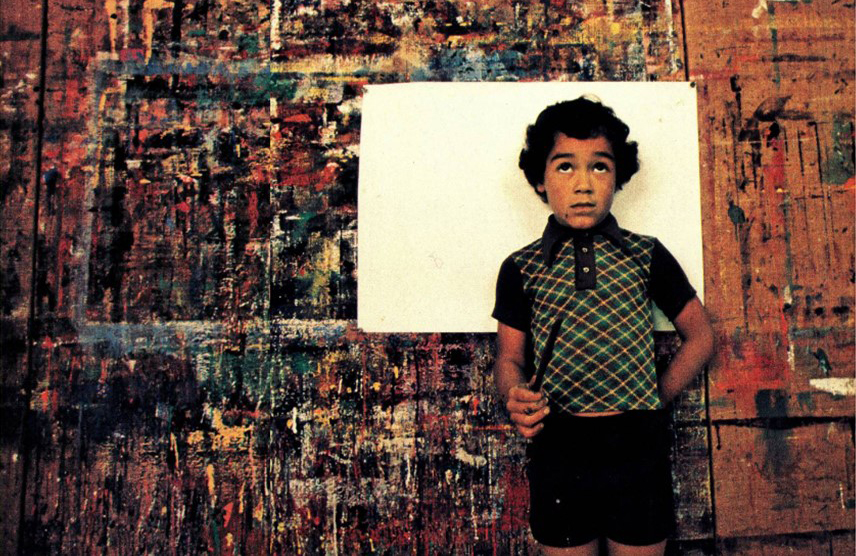
The San Francisco Children’s Art Center was founded by Diane Meyer Levy in the early 1970s. First located in Ghiradelli Square and then on Polk Street, the organization was granted its 501(c)(3) non-profit status in 1978 and moved to its present home in Fort Mason Center for Arts & Culture. Since its inception, the San Francisco Children’s Art Center’s approach to creating with young artists has been child-centered and process-oriented. Our methodology uses an inquiry-based approach to art materials and techniques that guides young people in the process of creating and nurtures them to trust their own creative impulses. We believe that through process-oriented artmaking, children develop language to share their stories, learn to solve challenges, connect authentically with others, and grow in ways to fully realize their potential.
Annually, SFCAC serves 700 San Francisco children ages 2-10 years old with artist residencies in 30 preschool and elementary school classrooms, along with classes, workshops, and camps at our art studio in Fort Mason Center.

Our Mission
The San Francisco Children’s Art Center empowers children to develop their sense of self through creative exploration.
Our Vision
We nurture creativity, curiosity, and connections in young children across San Francisco.
Our Values
We value that children be given many ways and opportunities to express themselves with art and that we must provide them with the materials and space and trust that will open the way to the experiences that will foster their creative growth.
We value that children should be empowered in the direction of their learning; that they learn through experiences of touching, moving, listening, seeing, and hearing; through their relationships with other children and adults, and with material items in the world that they explore.
We value that children are able to depict their understanding through one of many symbolic languages, including drawing, painting, sculpture, dramatic play, and writing. Our teachers trust themselves to respond appropriately to children’s ideas and interests and they trust children to be interested in things worth knowing about. The result is an atmosphere of collaboration that is developmentally appropriate for adults and children alike.
We value the child’s ability to improvise and we respond to children’s predisposition to enjoy the unexpected. Successful projects are those that generate a sufficient amount of interest and uncertainty to provoke children’s creative thinking and problem-solving and are open to different avenues of exploration.
We value that the topics of interest are guided by the children. With a project-based approach, children are given opportunities to make connections between prior and new knowledge while engaging in authentic tasks.
We value our teachers’ desire to facilitate children’s ability to successfully work within their peer group. Allowing children to work alone or in negotiation with others, as each child’s needs warrant.
We value our teachers as a co-learners and collaborators with the child and not just as instructors. Teachers are encouraged to facilitate the child’s art experiences by being in tune to the child’s interests, asking questions to further understanding, and actively engaging in the activities alongside the child instead of sitting back and observing the child learning. As partner to the child, the teacher is inside the learning situation.